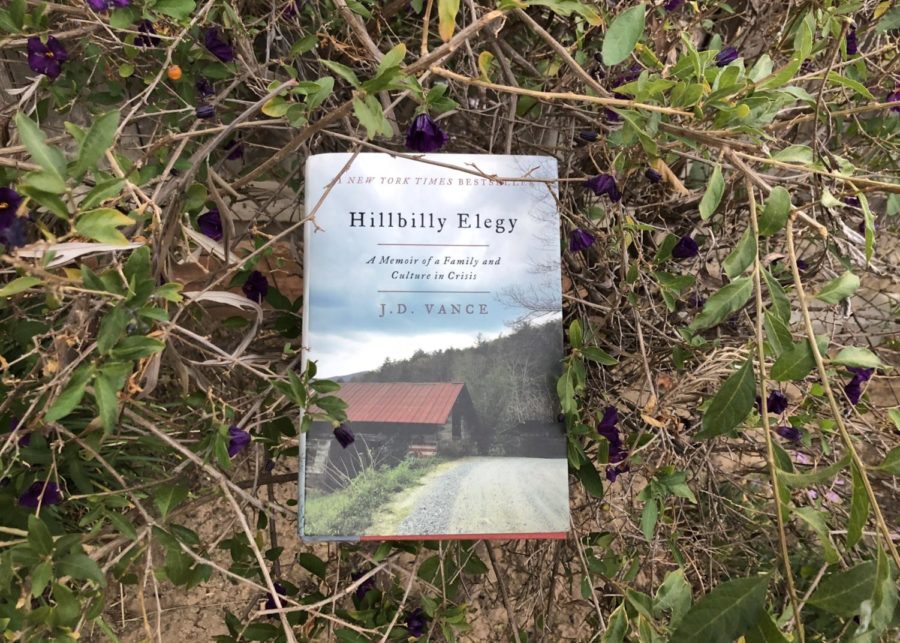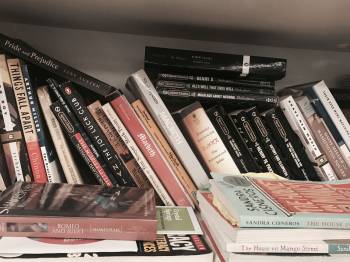No viable job opportunities. No decent education for children. No safe neighborhoods. Not even hope for a better future.
This could be describing anything from third world countries to ghetto Oakland.
It also applies to an often overlooked, or purposely ignored, group: the white working class.
J.D. Vance’s “Hillbilly Elegy” shines a light on the white working class: who they are as a culture and how that culture is dying along with any hope for their future.
“Hillbilly Elegy” is a memoir about the life of J.D. Vance as part of the hillbilly culture, while living in a small working-class town. He first tells the story of his grandparents and how they decided to move out of their hometown, then a bit about his mother, then the story of himself moving past his hillbilly roots to pursue a higher education.
Vance’s grandparents moving from their small town was part of a migration of hillbillies to industrial towns due to jobs at factories, such as ARMCO, a company that produced rolled sheets of steel.
Vance depicts the disintegration of the culture of poor, white Americans from the inside, and tells the story of how he and his family became middle class, yet still carried around the demons of their past.
While telling his story, Vance includes his opinion on the socioeconomic standing of the working white class, not only in the present, but in the past as well, and how it has changed throughout the years. He shows the working white class of small towns in a way that allows the reader to understand their mentality with respect to jobs and education.
One of the best parts of reading this book is the descriptions of the emotions Vance felt throughout his years and how they influenced him. I felt like I could understand how he made his decisions, as well as how the situations in the book arose.
As a teenager living in the Bay Area, I’ve not had much exposure to lifestyles outside the ones I’ve seen myself. That makes reading “Hillbilly Elegy” even more important and relevant than it already was because not only does it deliver a message about the declining white working class, it also gives readers like me information on something that we never thought we needed to know.
Another part that I really enjoyed was the inclusion of rationales for how the working white class turned out the way they have, and how those rationales were connected to Vance’s life. It helped me to internalize the differences between what I perceive to be normal, and what they perceive to be normal.
The only real downside I found to reading this book was that, at times, all the information is a lot to process and it made it a bit harder to read. Also, it’s not a book someone should read if they’re looking for a fluffy story. It’s not a fluffy story, but it is a great read.
If you want to start to understand American cultures, “Hillbilly Elegy” is a great book to begin to comprehend what life is like for the white working class.












